12 essential tips for saving on your energy bill
These top tips will help save you money on energy bills

It’s always a worry when we see the prices of our gas or electric bills going up. And with energy costs soaring, it’s vital that we learn how to save money on our energy bills right now.
In fact, making an effort to include a few energy saving tips into our daily routines, can make a huge difference to our pockets. Things we often take for granted such as leaving electrical appliances on standby could be costing us a fortune each year.
The good news is that there are plenty of energy saving tips we can all do to reduce our energy bills and save us serious money. What’s more, it will reduce our carbon footprint and perhaps. Here are 12 top money-saving tips to cut down on your energy bills. While you're unpacking your groceries, these are 5 tips to organize your fridge and make food last longer.
And if you want to maintain a warm house this winter, here's how to save money on your heating bills. Alternatively, here are 5 easy ways to make your home feel warmer, according to interior experts.
1. Turn down your thermostat by one degree
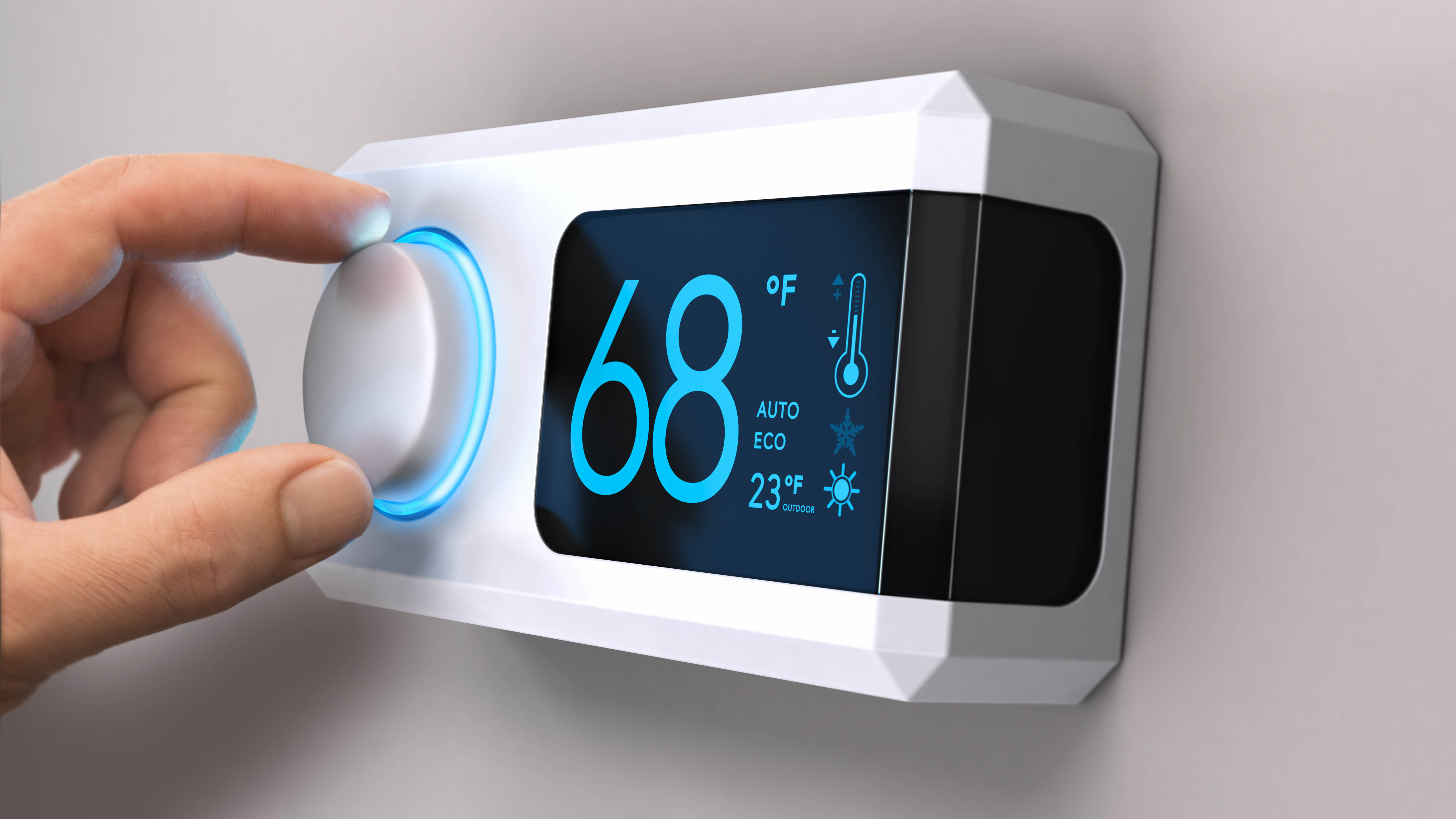
We all love a warm and cozy home, but our heating bills can often be costly. By simply turning down your thermostat by one degree can save you hundreds a year. For every degree you turn down your thermostat (and leave it there) you can save between 1 and 3 percent of your heating bill. You can also invest in one of the best smart thermostats to ensure you don’t waste energy, and save substantial money on your bills.
If you want to save even more money on your heating bill, check out the best space heaters. But, if you're unsure if a space heater is right for you, check out should you buy a space heater? Here are the pros and cons.
2. Switch off unnecessary lights and appliances
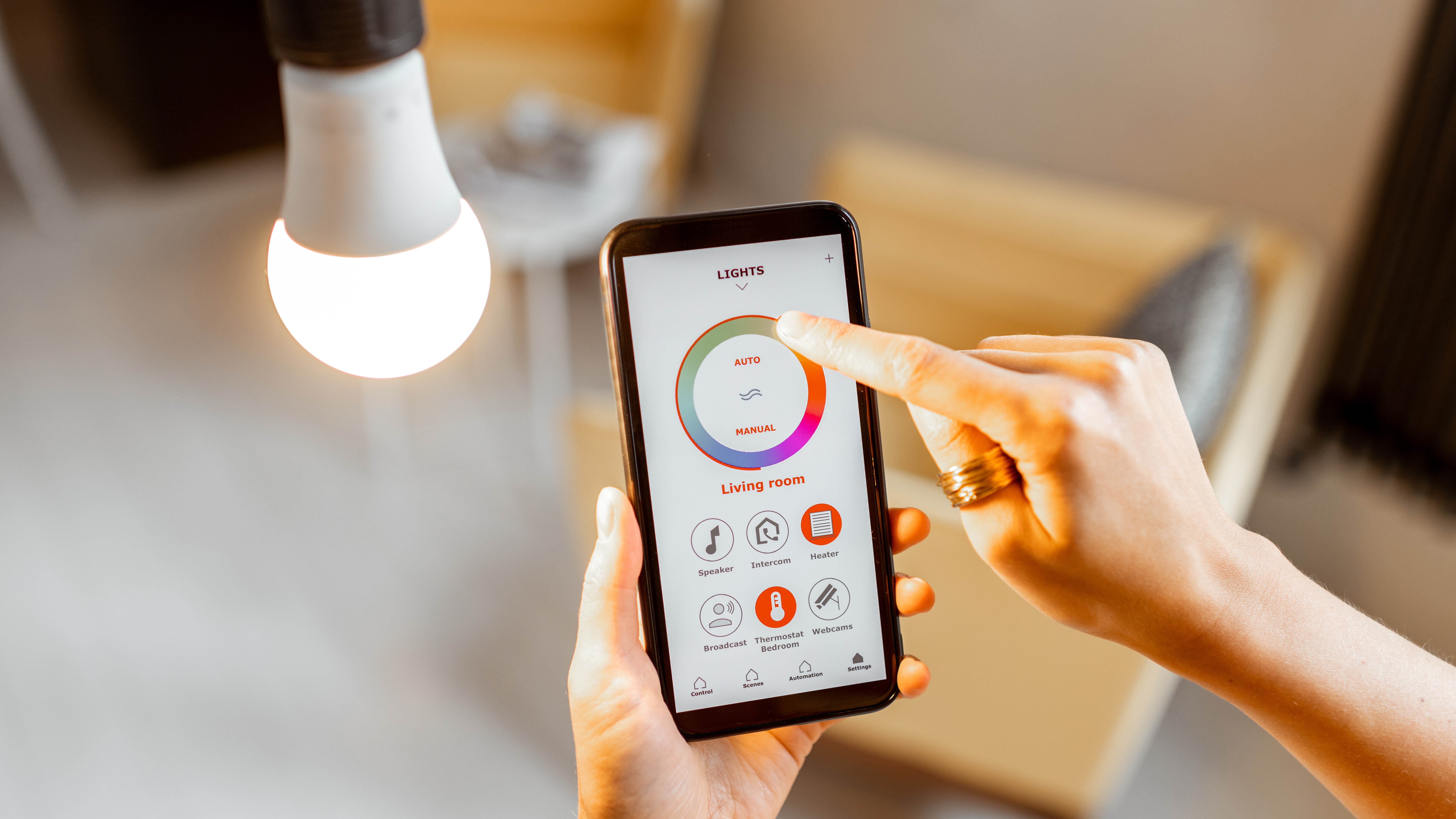
This is an easy one, but how often do we leave lights on when we’re out of the room? Such bad habits can cost us. Instead, you can use one of the best smart light bulbs that are LEDs, cheaper to run and will significantly reduce energy use. Better still, you can also consider combining your smart lighting with the best smart home devices so you'll never have to lift a finger!
Sign up to get the BEST of Tom's Guide direct to your inbox.
Get instant access to breaking news, the hottest reviews, great deals and helpful tips.
3. Insulate your windows and block drafts
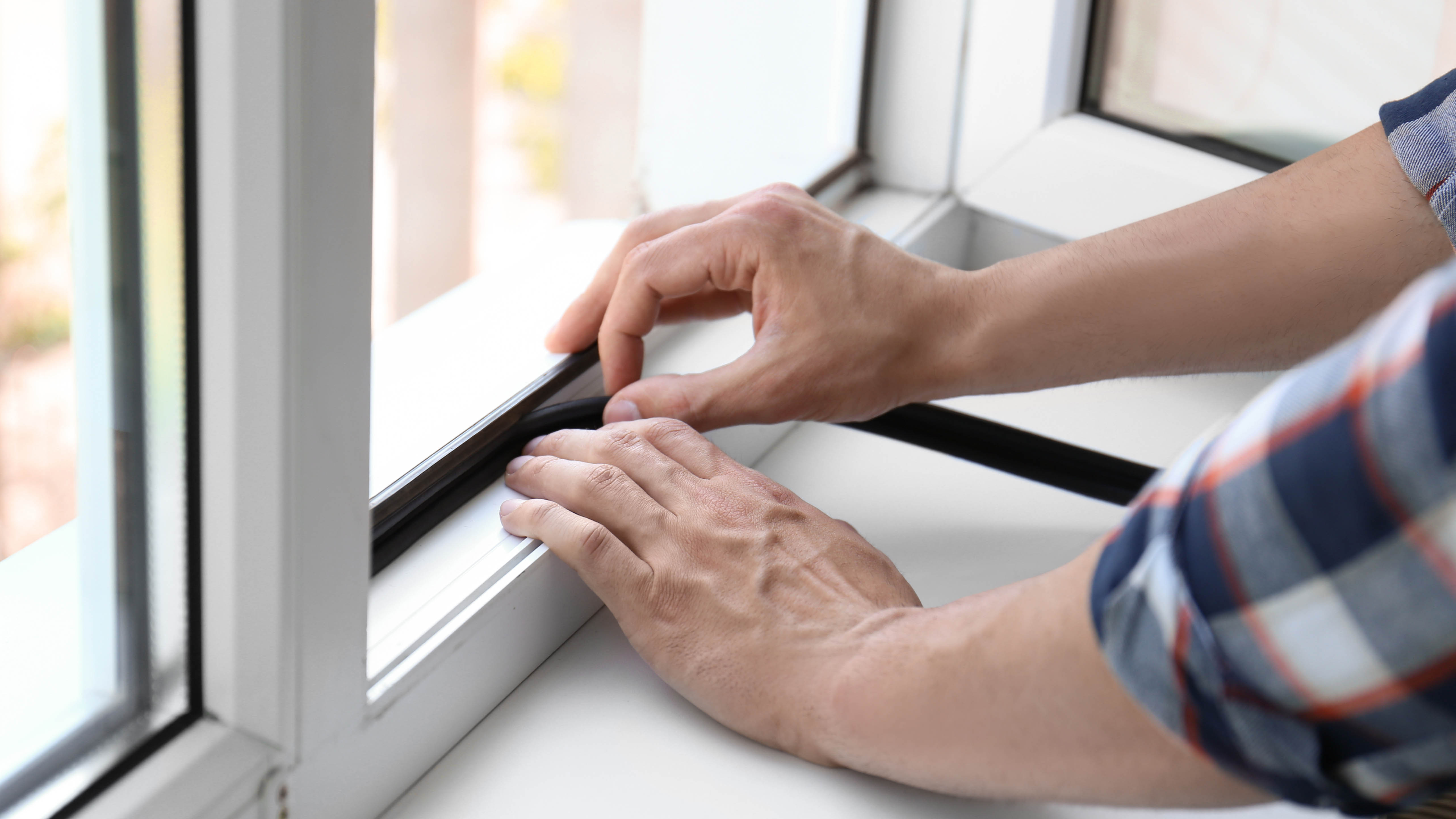
During the winter, a lot of heat escapes through gaps in our windows or around our doors. Keep drafts out by knowing how to insulate your windows, or use a simple draft stopper to banish chills from doors and windows. This should cut down on your heating bill.
4. Close your fireplace flue vent
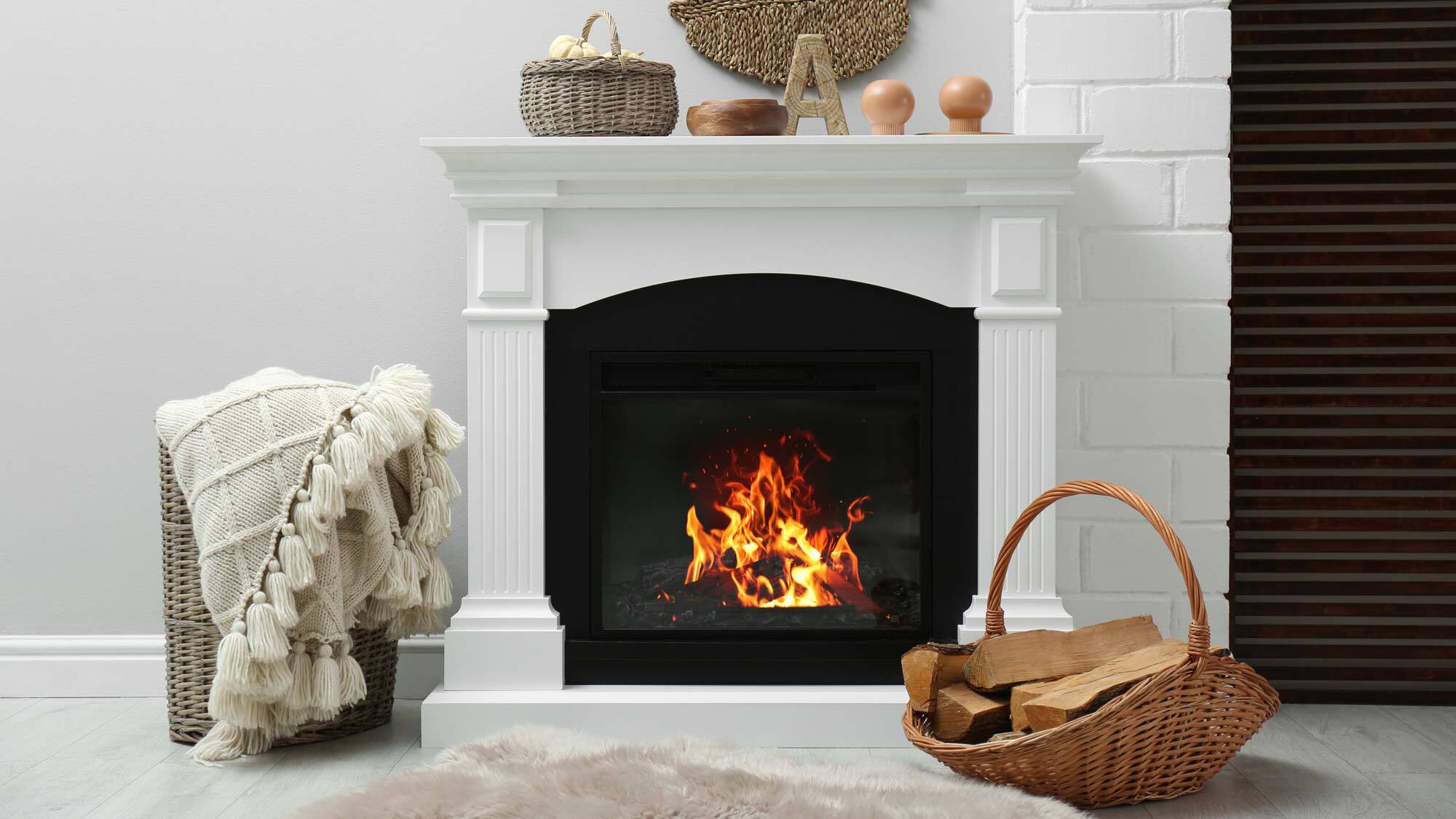
There's nothing lovelier than a roaring fire on a cold, snowy winter day. However, there's nothing worse for your home's heating bill than a fireplace flue that's been left open — it's an easy conduit for all that hot air to rise up and out of your house. If you're not using your fireplace, make sure that the flue damper — a large piece of metal that sits above and inside your fireplace to block the flow of air — is closed. If your fireplace has glass doors, make sure they're shut, too. Of course, don't forget to open the damper the next time you want to start a fire.
5. Bleed your radiators
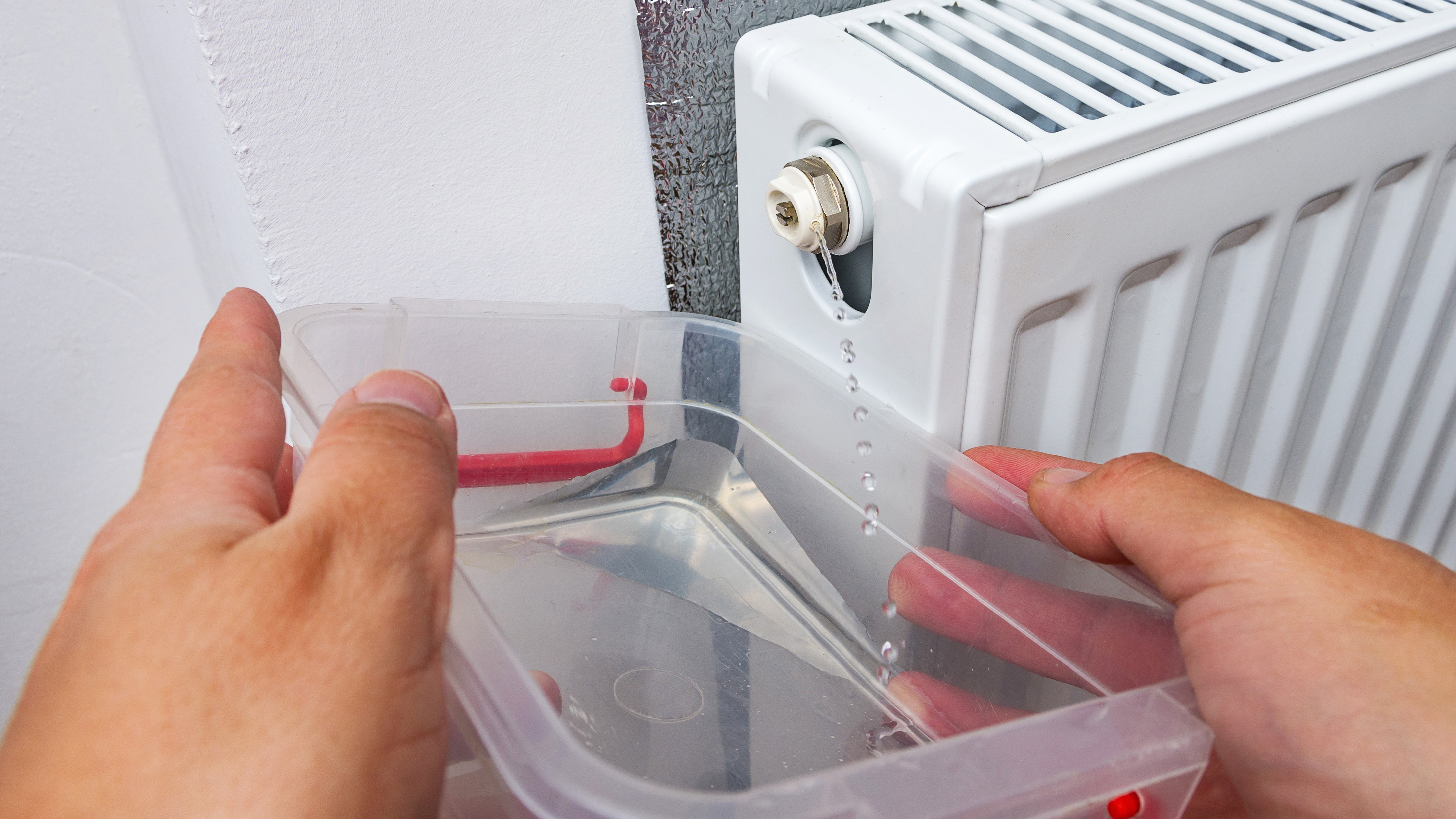
This may seem like a boring task to do, but will save you hundreds on your energy bills. If you want your central heating system to work at its best, you’ll need to learn how to bleed your radiators to remove trapped air. A sure sign is when the top of your radiator feels cooler than the bottom. If your radiators are blocked, heat will not flow through properly, which often makes us crank up the heating and waste money.
6. …and don’t heat empty rooms

If you have a room that you don’t often use, there’s no point heating it. Save money by turning the radiators off in the room; if you have central air, close the vents in that room. Then, close the door to that room to prevent any hot air from getting in — and cold air getting out. There’s no point wasting energy if there is nobody in the room.
7. Don’t leave tech devices on standby
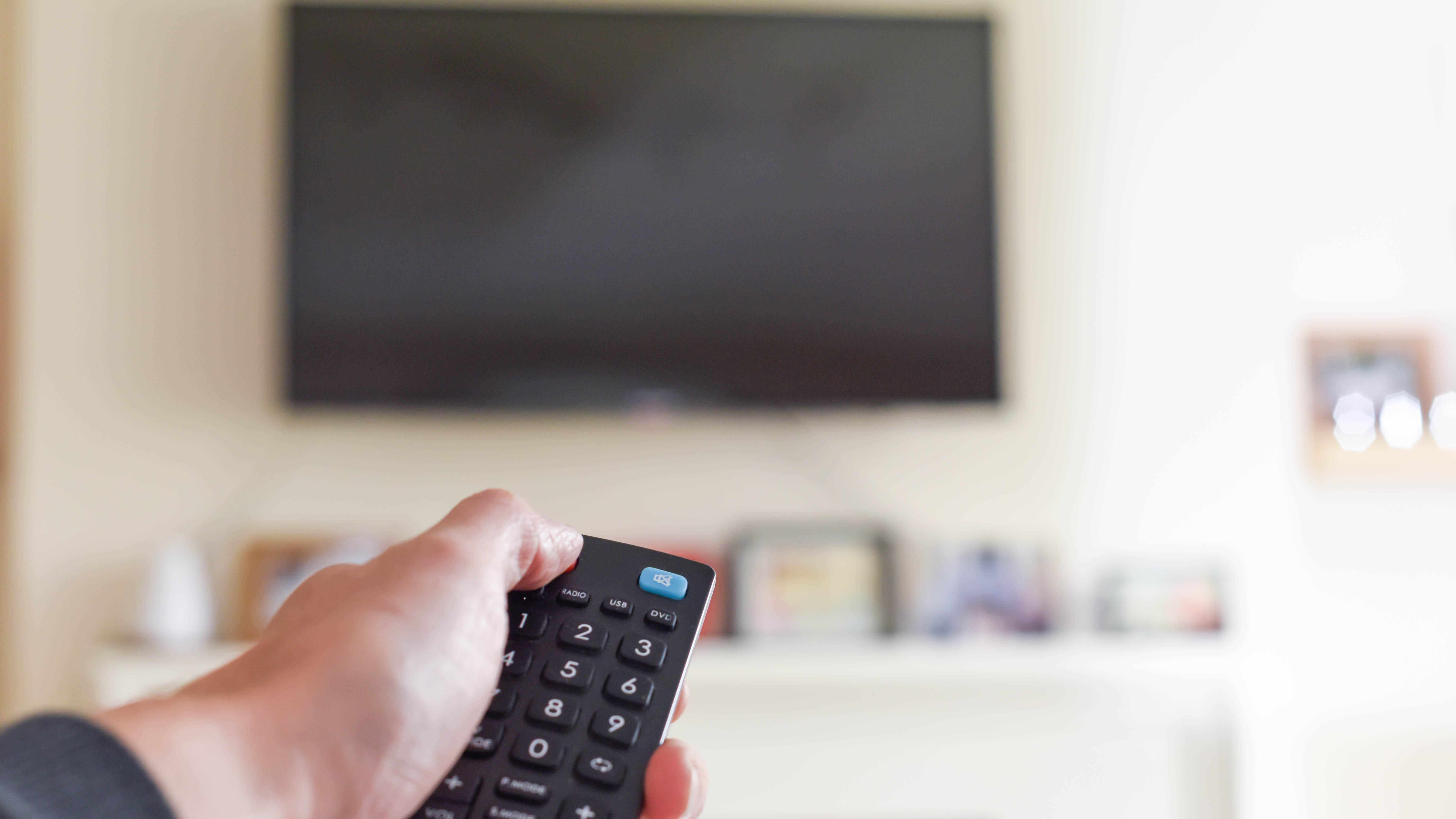
Leaving our electronic devices on standby is a common habit. However, by simply turning them off, we can save serious cash. Be it one of our best TVs, laptops, speakers or other devices, energy is drained without us even realizing it. In fact, this is often known as the ‘Phantom Load’. Make sure you always switch off the power of devices after use to save money.
8. Don’t overload your washing machine or dryer
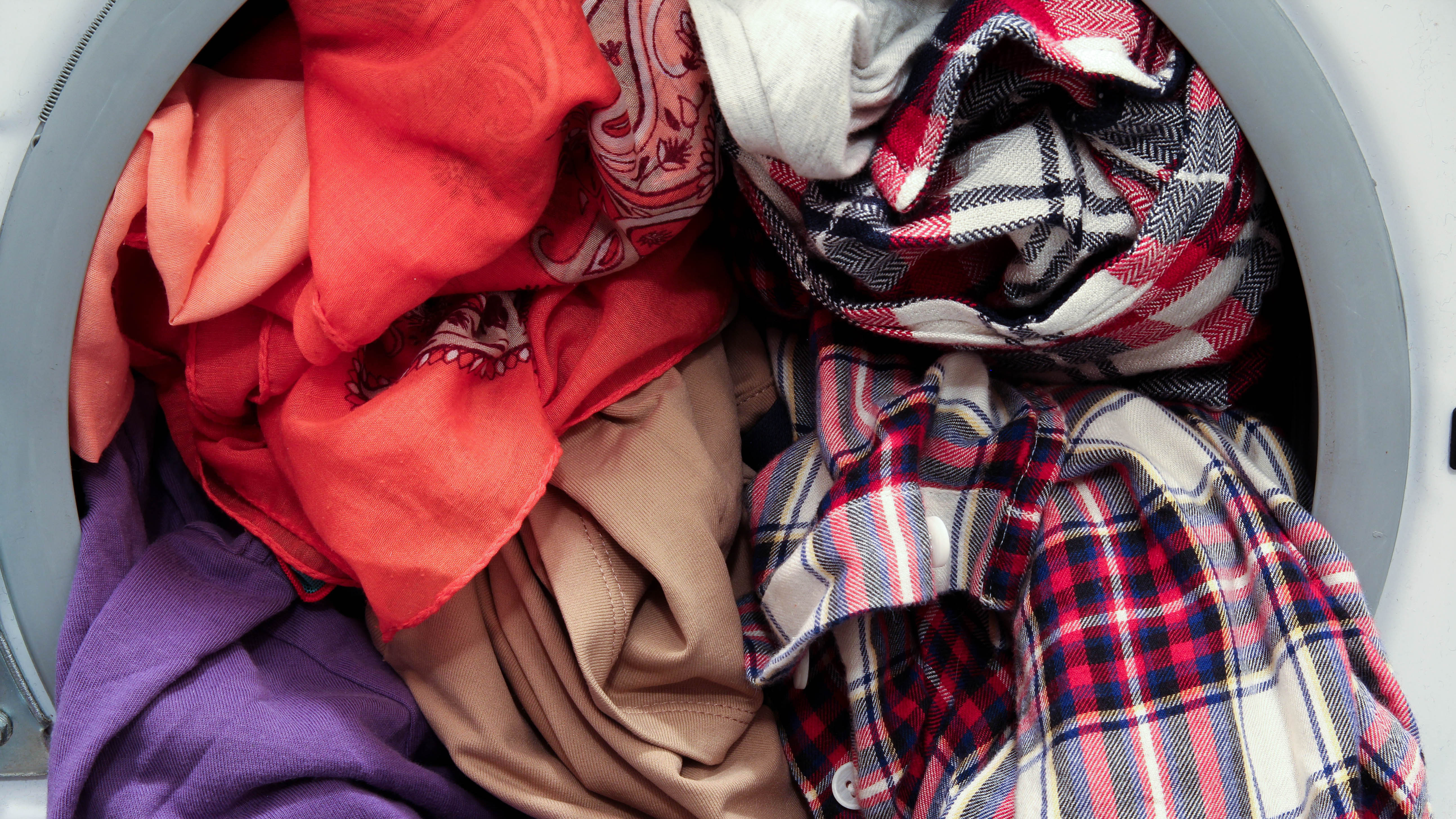
Although we think we’re being more efficient with our laundry chores, avoid overfilling your washing machine or dryer. By doing so, the appliances are working harder to wash a heavier load, using much more energy. Similarly, don’t underfill your washing machine, as you’ll end up wasting water and power. Instead, always fill your laundry to the correct drum capacity required. Plus, you don’t want to risk breaking your appliances, which would add another cost! If you find yourself doing more laundry, it might be worth looking at one of the best washing machines or the best dryers to find one with a larger capacity.
9. Use the eco mode on appliances
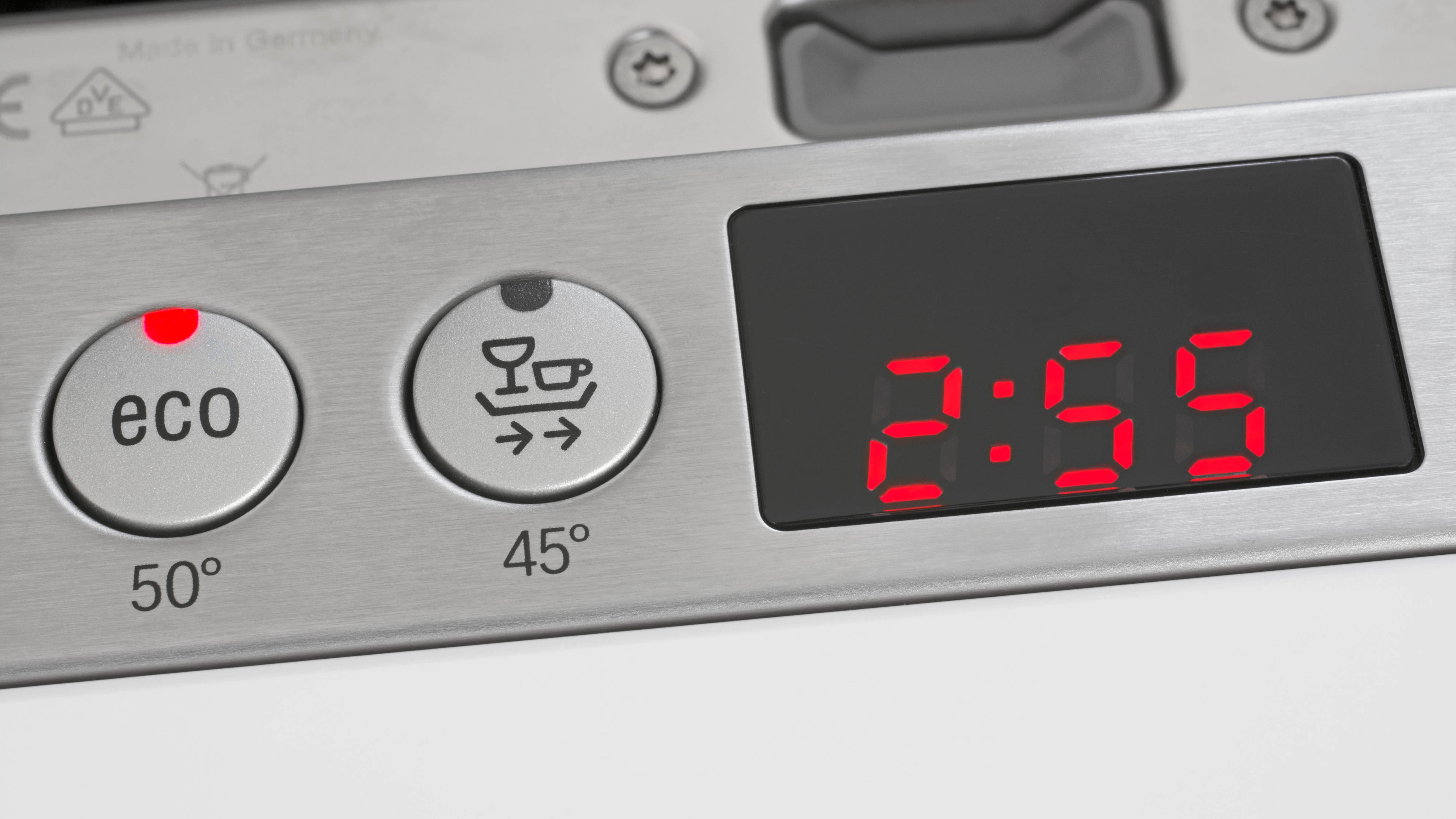
Most dishwashers or washing machines have an eco mode or power saving function to save energy. By using this mode often, it will give you the best cleaning power at a lower cost, saving you money in the long term.
10. Get a smart meter installed
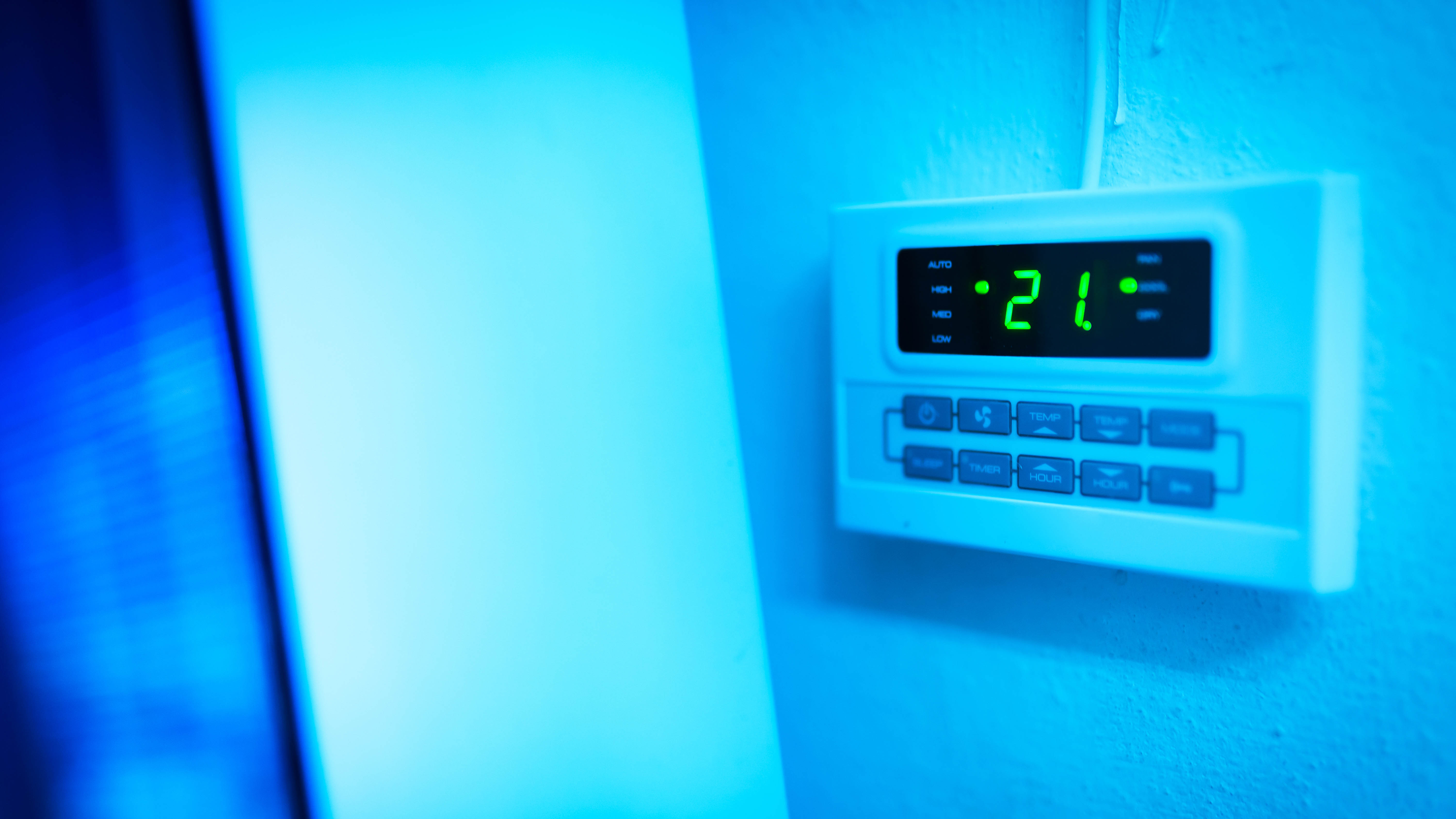
Smart meters keep track of how much energy you’re using. Monitoring your energy will help you become more aware of how much you’re spending, so that you can keep an eye on those rising bills. Many utility companies are starting to install them in residences, but you can purchase a third-party smart energy meter, such as the Sense ($299, Amazon) that can track which appliances are using the most electricity.
11. Get your attic space insulated
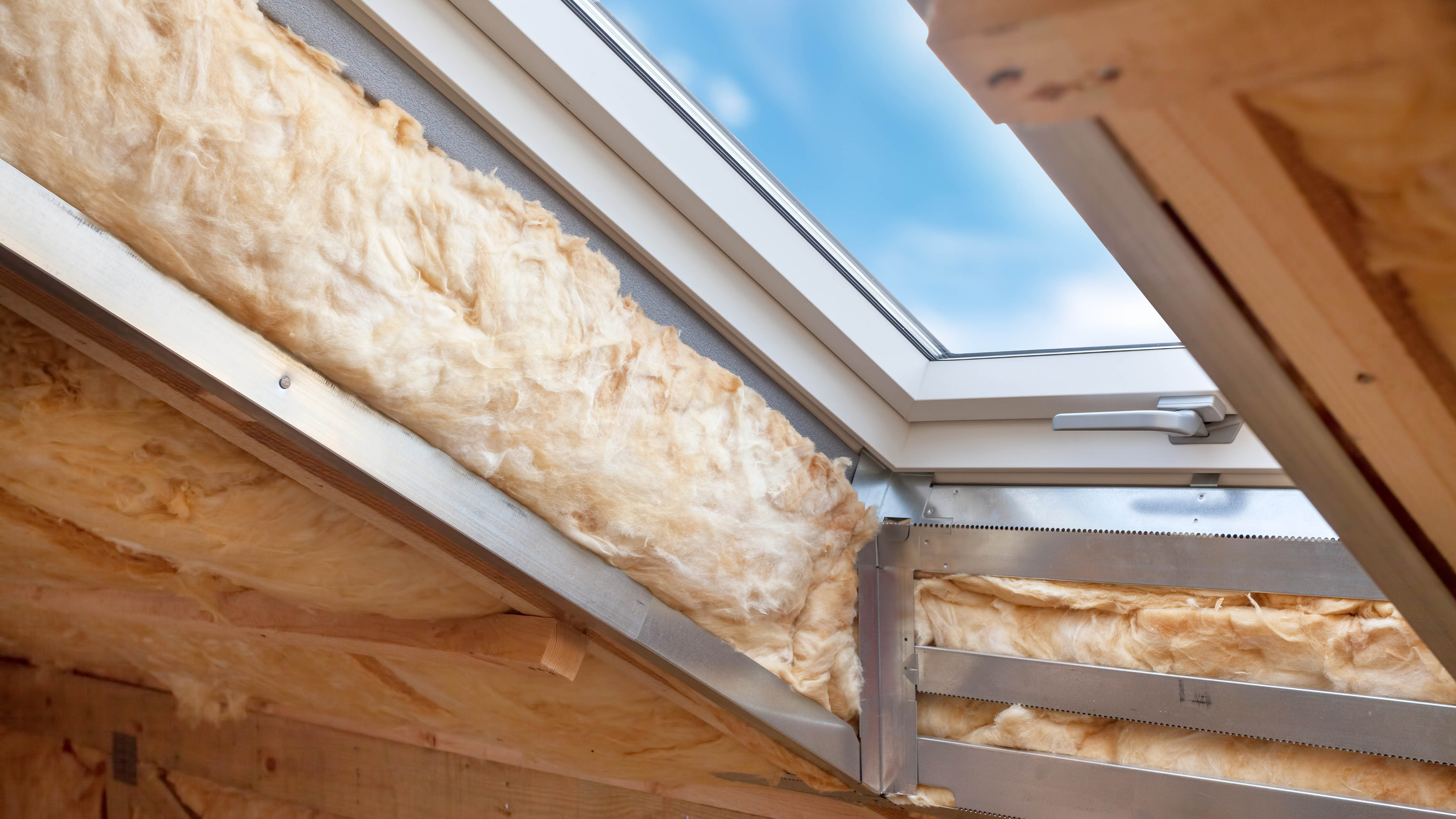
We lose a quarter of our home’s heat through poorly insulated roof and attic spaces. There are a number of different types of insulation, from fiberglass to cellulose to expanding spray foam; the important part is to make sure the R-value (a number that indicates the effectiveness of the insulation) is appropriate for your area. Colder climates should have insulation with a minimum R-value of 49, while houses in hot climates should have an R-value of 30, according to the U.S. Department of Energy. You'll also want to make sure that the area around any pipes or vents leading into your house are properly sealed.
12. Unplug chargers
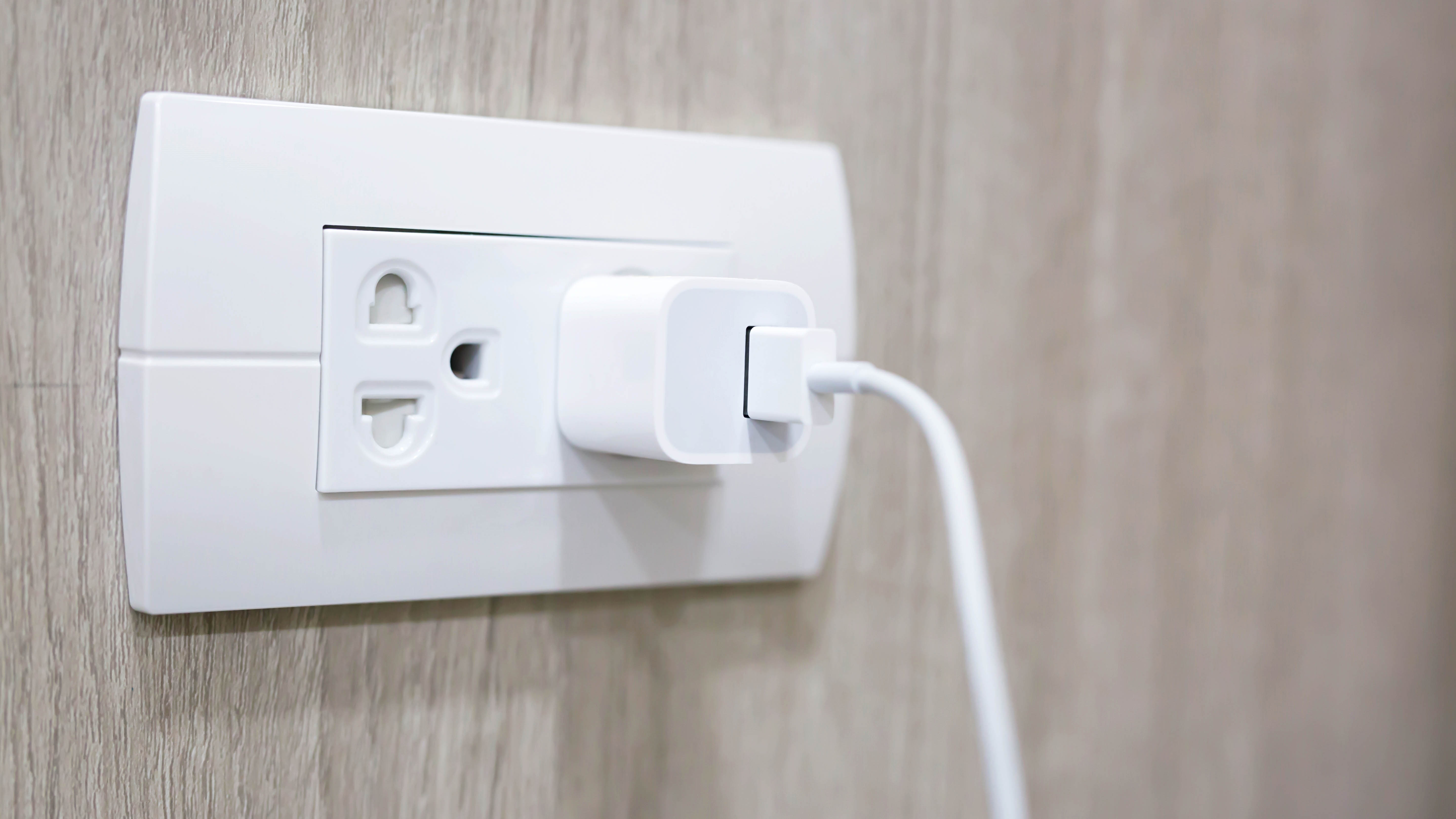
Many of us never unplug our phone or device chargers after use, but this is costing us a fortune. Similar to leaving our TVs on standby, phone chargers are still using power and draining our electricity. Always unplug your charger once your phone or device is fully charged. Alternatively, you can use a smart plug if you forget to unplug your charger, and save on your electricity bills.
Want more advice on how to reduce your bills? Check out these 11 easy household tips to save you money.
If you're looking to reduce your bills in other ways, check out these 15 water saving tips too. And we've got 7 things to know before buying solar panels if you're mulling over that change to your home. Plus, did you know that this is the cheapest time to do your laundry? Also, what is an Energy Star rating and how can it save you money?

As the Homes Content Editor, Cynthia Lawrence covers all things homes, interior decorating, and garden-related. She has a wealth of editorial experience testing the latest, ‘must-have’ home appliances, writing buying guides and the handy ‘how to’ features.
Her work has been published in various titles including, T3, Top Ten Reviews, Ideal Home, Real Homes, Livingetc. and House Beautiful, amongst many.
With a rather unhealthy obsession for all things homes and interiors, she also has an interior design blog for style inspiration and savvy storage solutions (get rid of that clutter!). When she’s not testing cool products, she’ll be searching online for more decor ideas to spruce up her family home or looking for a great bargain!
